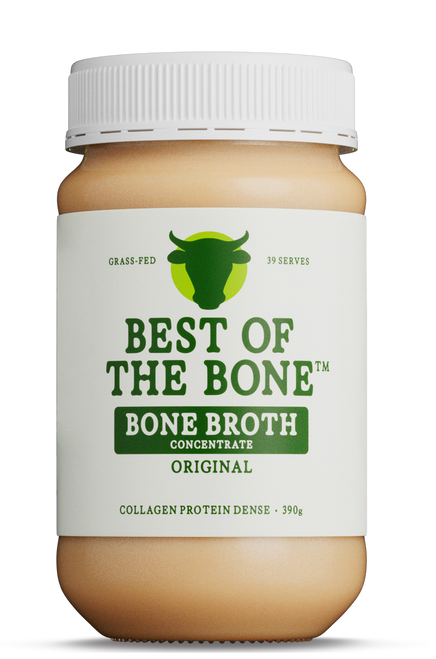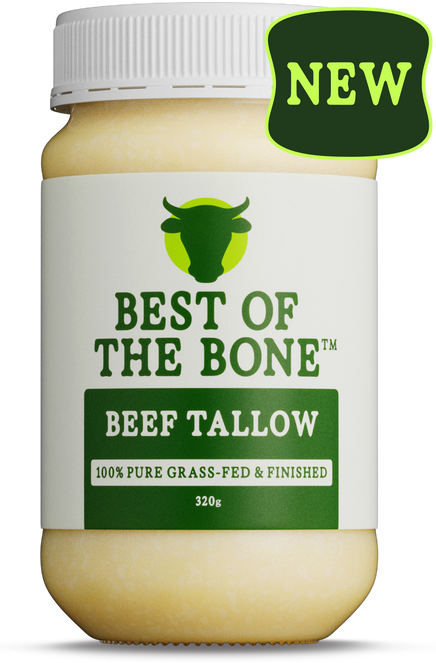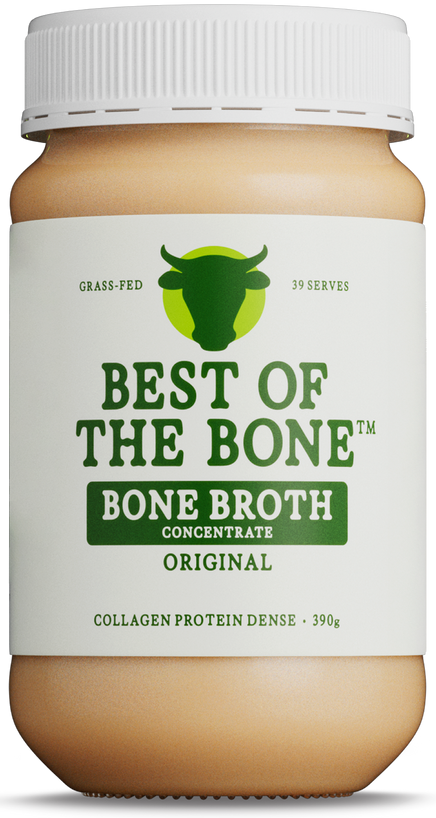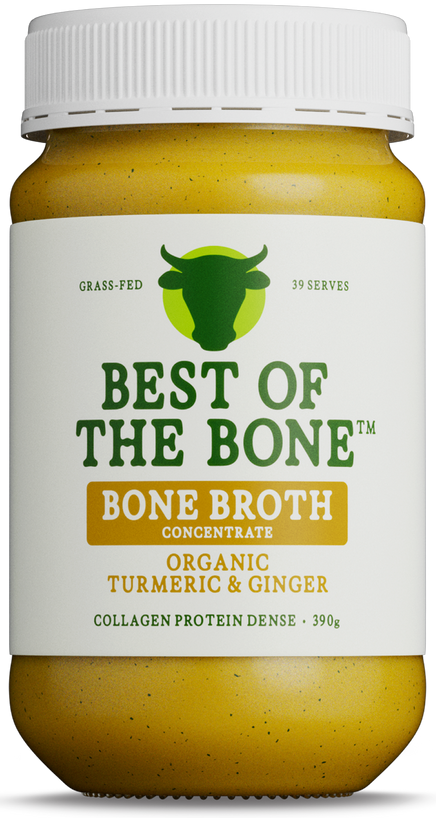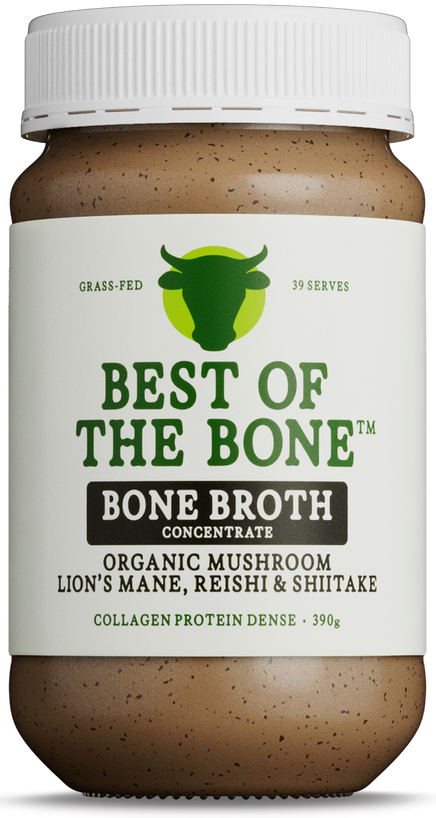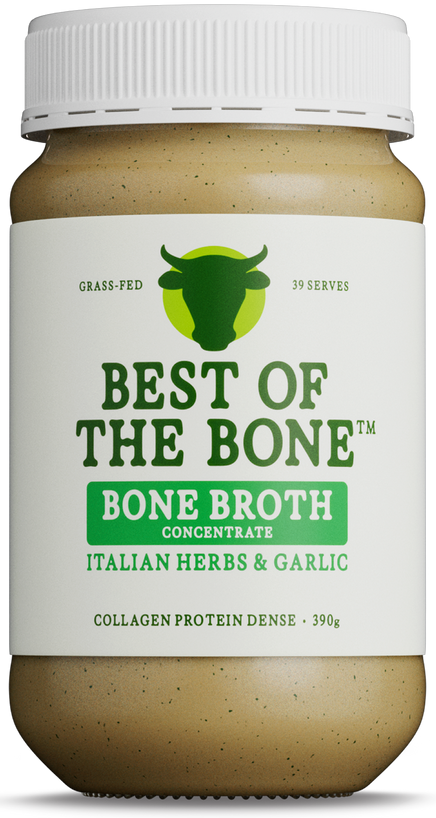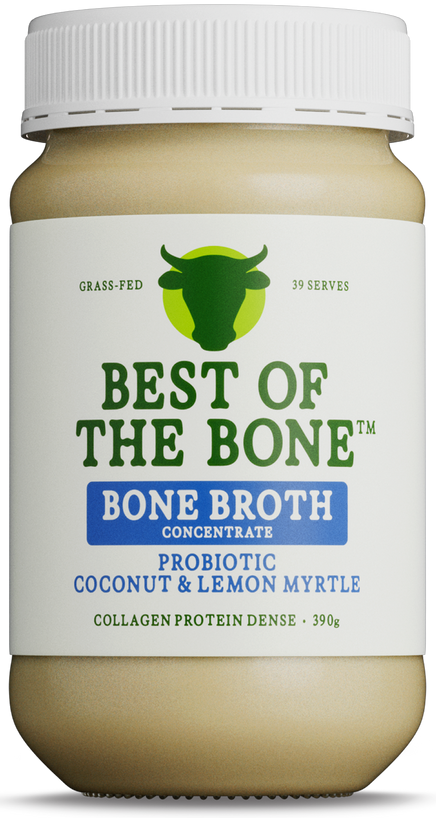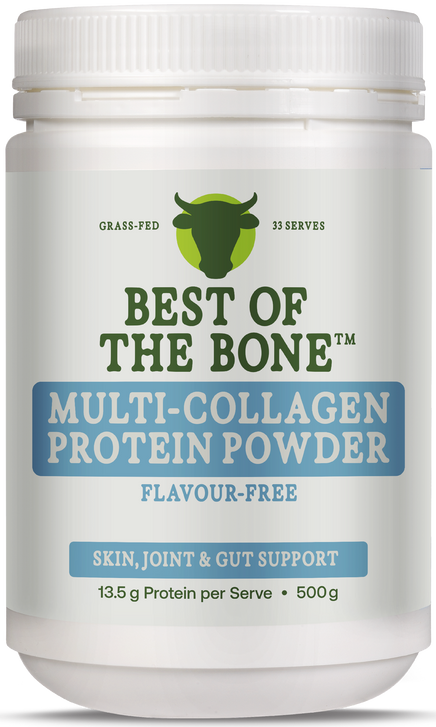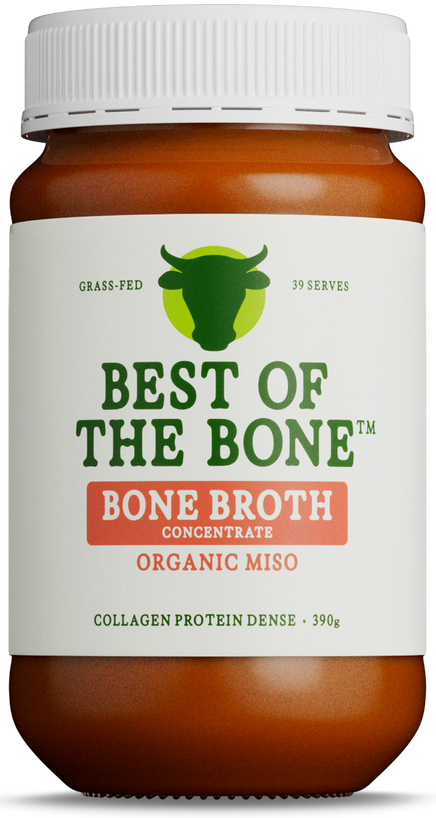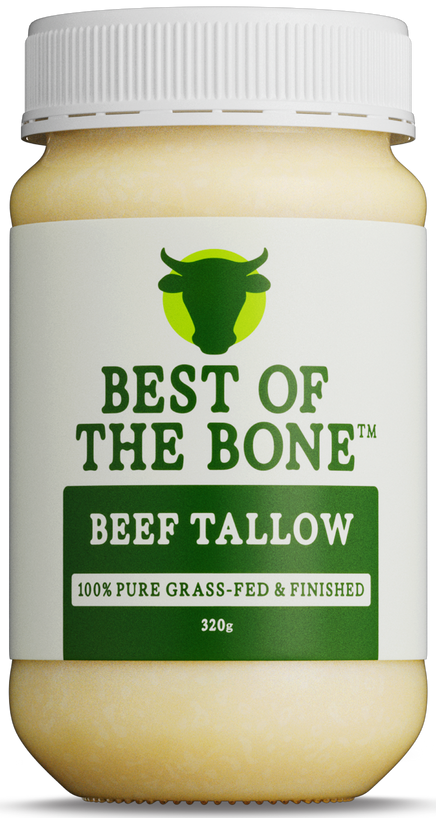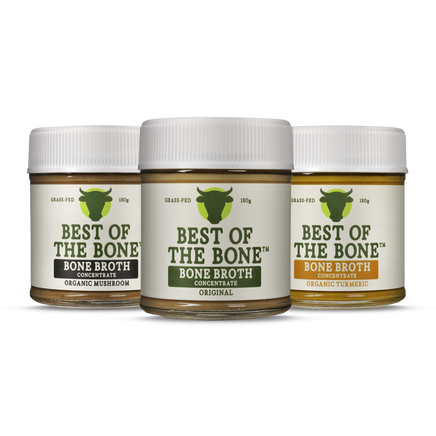Micronutrients: Tiny Titans of Health
When it comes to nutrition, macronutrients like proteins, fats, and carbohydrates often steal the spotlight. But lurking in the shadows are the unsung heroes of our diet: micronutrients. These tiny but mighty compounds play a crucial role in nearly every bodily function. Let's dive into the world of vitamins and minerals to discover how these microscopic marvels can revolutionize your health.
Micronutrients 101: The Building Blocks of Wellness
Micronutrients are essential nutrients that our bodies need in small amounts to function properly. They fall into two main categories:
- Vitamins: Organic compounds that our bodies can't produce in sufficient quantities
- Minerals: Inorganic elements that come from the soil and water
While we only need them in tiny amounts, a deficiency in any micronutrient can have serious health consequences.
The Vitamin Alphabet: From A to K
Let's take a whirlwind tour through the vitamin alphabet:
● Vitamin A: Essential for vision, immune function, and skin health
● B Vitamins: A complex of 8 vitamins crucial for energy production and nervous system function
● Vitamin C: A powerful antioxidant that supports immune health and collagen production
● Vitamin D: The "sunshine vitamin" vital for bone health and immune function
● Vitamin E: Another antioxidant that protects cells from damage
● Vitamin K: Essential for blood clotting and bone health
Marvellous Minerals: The Elemental Essentials
Now, let's explore some key minerals:
● Calcium: Not just for strong bones, but also crucial for muscle and nerve function
● Iron: Essential for oxygen transport in the blood
● Magnesium: Involved in over 300 enzymatic reactions in the body
● Zinc: Important for immune function, wound healing, and DNA synthesis
● Selenium: A powerful antioxidant that supports thyroid function
The Synergy of Micronutrients: Better Together
Many micronutrients work in tandem for optimal health:
● Vitamin D aids calcium absorption
● Vitamin C enhances iron absorption
● Vitamin K works with vitamin D for bone health
This is why a varied, balanced diet is so crucial – it ensures you're getting a wide range of micronutrients that can work together synergistically.
Micronutrient Deficiencies: A Global Health Challenge
Despite living in an age of abundance, micronutrient deficiencies are surprisingly common, even in developed countries. Some of the most prevalent deficiencies worldwide include:
● Iron deficiency anemia
● Vitamin D deficiency
● Iodine deficiency
● Vitamin B12 deficiency (especially in vegetarians and vegans)
● Zinc deficiency
The Power of Food: Nature's Multivitamin
While supplements have their place, the best way to get your micronutrients is through a varied, nutrient-dense diet. Some micronutrient superstars include:
● Leafy greens (vitamins A, C, K, folate)
● Berries (vitamin C, manganese)
● Nuts and seeds (vitamin E, selenium, magnesium)
● Fish (vitamin D, omega-3 fatty acids)
● Legumes (B vitamins, iron, zinc)
Our Best of the Bone broths are packed with minerals like calcium, magnesium, and phosphorus, making them an excellent addition to a micronutrient-rich diet.
Micronutrients and Chronic Disease: The Prevention Connection
Adequate micronutrient intake has been linked to a reduced risk of various chronic diseases:
● Antioxidant vitamins (A, C, E) may help prevent certain cancers
● B vitamins are crucial for heart health
● Vitamin D and calcium play a role in osteoporosis prevention
● Zinc and vitamin C support immune function
The Goldilocks Principle: Finding the Right Balance
When it comes to micronutrients, more isn't always better. While deficiencies can cause health problems, excess intake of certain micronutrients can also be harmful. It's all about finding the right balance for your individual needs.
Special Populations: When Micronutrient Needs Change
Certain life stages and conditions can increase micronutrient needs:
● Pregnancy and breastfeeding
● Older adults
● Athletes
● People with certain medical conditions or on specific medications
The Future of Micronutrient Research: What's on the Horizon?
Exciting developments in micronutrient research include:
● Personalized nutrition based on genetic profiles
● Biofortification of crops to enhance micronutrient content
● Exploration of micronutrients' role in mental health
● Advanced testing methods for more accurate assessment of micronutrient status
Micronutrient Magic with Best of the Bone
At Best of the Bone, we're passionate about providing nutrient-dense foods that support overall health. Our bone broths are naturally rich in minerals like calcium, magnesium, and phosphorus. Plus, the collagen in our broths can enhance the absorption of certain micronutrients.
Our Organic Turmeric, Ginger & Black Pepper blend combines the mineral richness of bone broth with the added benefits of these powerful spices, known for their high micronutrient content and anti-inflammatory properties.
The Micronutrient Mission: Your Action Plan
Ready to optimize your micronutrient intake? Here's your game plan:
- Eat a rainbow of fruits and vegetables daily
- Include a variety of protein sources, including our mineral-rich bone broths
- Don't shy away from healthy fats, which help absorb fat-soluble vitamins
- Consider having your micronutrient levels checked if you're concerned about deficiencies
- Talk to a healthcare professional before starting any new supplement regimen
Remember, when it comes to micronutrients, variety is key. By embracing a diverse, whole-foods-based diet (with a little help from our nutrient-dense bone broths), you're giving your body the micronutrient support it needs to thrive.
Here's to the tiny titans of health – may your plate be as colourful and varied as the micronutrients that keep you going strong!

